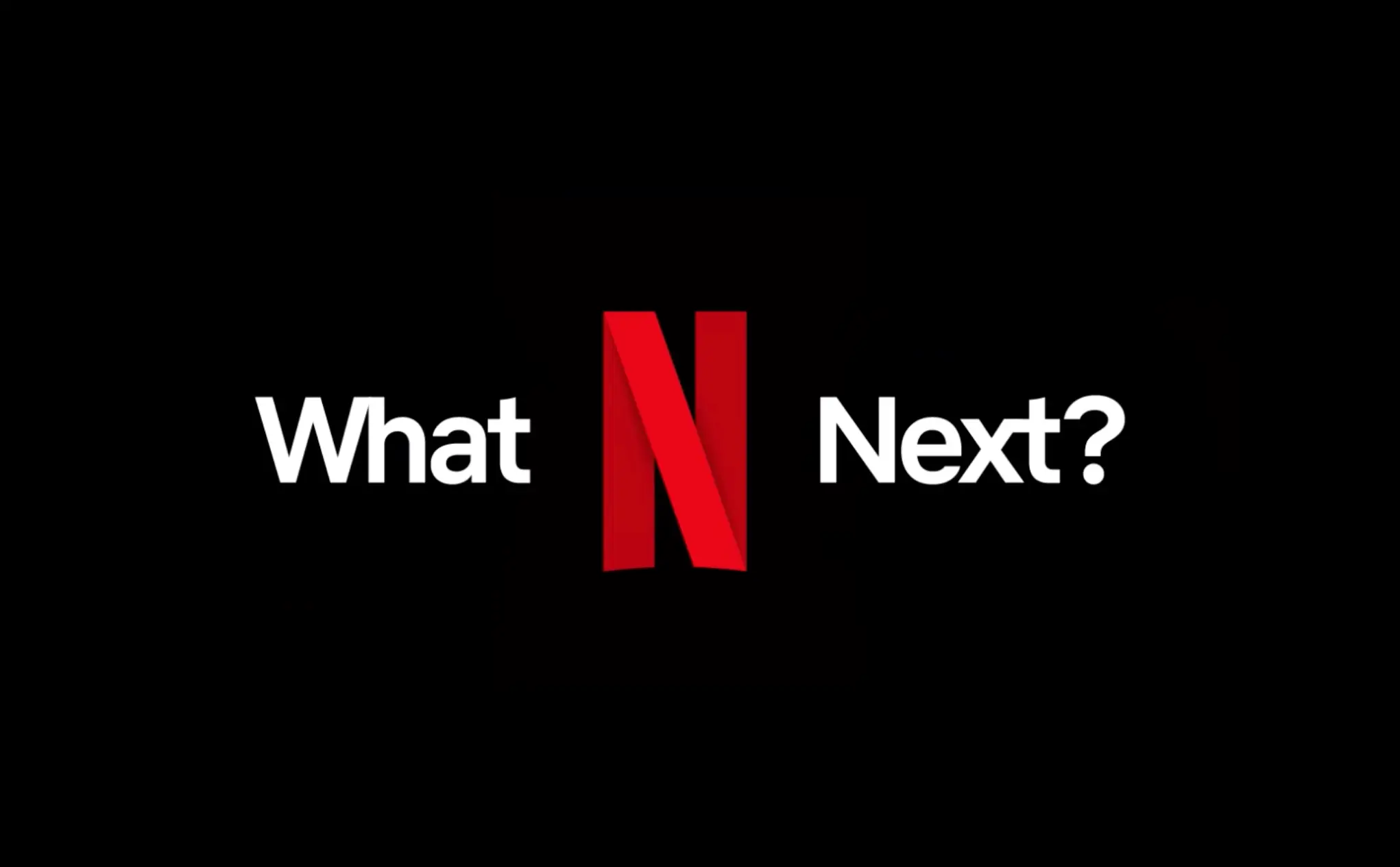What is a Referral Platform? Features, Benefits, and Use Cases
Updated on
Published on

Understanding Referral Platforms
Referrals have always been the backbone of business growth. Long before digital marketing, customers relied on personal recommendations to choose products and services. Even today, in a market saturated with digital ads, influencer campaigns and AI-driven targeting, referrals remain uniquely effective because they tap into something timeless—trust. People are far more likely to buy when a friend or family member suggests a product than when they see an ad. In fact, countless studies show that referrals drive higher engagement, loyalty and long-term value compared to many paid channels.
The challenge, however, is that word of mouth in its natural form is unstructured and difficult to measure. Businesses need a way to capture this advocacy, scale it, and prove its impact with data. That’s where referral platforms come in. By turning personal recommendations into structured campaigns, they provide the technology to turn trust into a measurable growth engine. In 2025, adopting a referral platform is not just a nice-to-havek, it is becoming a critical component of sustainable acquisition strategies.

What Is a Referral Platform?
A referral platform is essentially a software solution that enables businesses to launch, manage and scale referral campaigns with ease. Rather than relying on manual codes, spreadsheets or informal tracking, these platforms automate every step of the referral journey. They generate unique referral links for customers, track whether those links result in new purchases, validate the authenticity of referrals and distribute rewards.
To put this into perspective, consider a subscription based company. A satisfied customer recommends the service to a colleague using their personal referral link. When the colleague signs up, the system instantly confirms the referral, credits the referrer with a reward (e.g. a free month of service) and applies a discount for the new customer. Without a platform, this would be messy, error prone and nearly impossible to scale. With a referral platform, it becomes seamless, trackable and replicable thousands of times over.
This is what makes referral platforms so powerful. They take something inherently human—recommendations—and add technology to it, creating a repeatable and reliable growth engine that businesses can trust as much as their customers trust each other.
Core Features of Referral Platforms
The effectiveness of any referral platform depends on the features it brings to the table. At a minimum, the platform should provide robust tracking capabilities, so every referral link click and resulting purchase is recorded accurately. Without this foundation, businesses can’t trust the data, which undermines the entire program.
Beyond tracking, reward management is key. Customers expect smooth, transparent reward distribution—whether that’s discounts, cashback, loyalty points or exclusive perks. A good platform automates this process so rewards are applied instantly, eliminating the frustration of delays or errors. Cross-channel integration is another critical feature, so customers can share their referral links wherever they engage most—through email, SMS, social media or even QR codes in offline campaigns.
Fraud detection rounds out the technical side, protecting the program from abuse such as self-referrals or fake accounts. Finally, advanced analytics and reporting enable marketers to see what’s working, including information on things like which rewards motivate the most referrals, which customer segments are the most active and how referrals compare to other acquisition channels in terms of ROI. When combined, these features mean referral platforms are not just campaign tools, but strategic growth assets.
Benefits for Businesses
The business case for adopting a referral platform is strong, especially in 2025, when acquisition costs are through the roof across most digital channels. First, referrals are much more cost-effective than traditional advertising. Instead of throwing money at impressions and clicks that may not convert, businesses only reward customers when actual conversions happen. This performance-based model reduces waste by a huge margin.
Second, referrals produce higher-quality leads. A new customer who joins because of a trusted recommendation already has a positive impression of the brand. They are more likely to engage deeply, buy more and stay longer than customers acquired through cold ads. Studies show referred customers often have higher lifetime value, meaning they contribute more revenue over time.
Third, scalability is a hidden benefit. While referrals may start with a handful of loyal advocates, a referral platform can scale those efforts to thousands of customers without losing control or accuracy. Finally, retention improves because rewarding existing customers makes them feel valued, strengthening their emotional connection to the brand. The result is not just more customers, but happier ones who stick around longer.
Best Referral Platforms 2025
With demand rising, the market for referral platforms has grown and businesses have more options to choose from. Mention Me, for example, is known for its advanced analytics and enterprise level fraud protection. Global retailers and eCommerce brands use it to run referral campaigns that align with their long term growth strategies making it one of the most respected platforms out there.
ReferralCandy is popular with small to mid-sized online stores. Its plug and play integrations with Shopify, WooCommerce and BigCommerce make it super easy for businesses with limited technical resources to launch referral campaigns quickly. Friendbuy is another strong option, especially for subscription-based companies. Its customizable widgets and strong reporting features help businesses test and refine referral offers with precision.
For larger enterprises Talkable and Extole provide powerful solutions that can manage multiple campaigns across regions, ensure compliance with international regulations and handle massive customer volumes. These platforms are often chosen by global retail and financial brands that need scalability. The choice of a referral platform ultimately comes down to matching platform strengths with business goals.
How to Choose the Right Referral Platform
Choosing the right referral platform is a strategic decision that requires aligning technology with business objectives. Budget is an obvious factor—some platforms are designed for small businesses, others for enterprises with big marketing budgets. Ease of use is equally important. A platform may have all the features in the world but if the dashboard is too complex, marketing teams will struggle to get the most out of it.
Integration is a make-or-break factor. Businesses must ensure the platform integrates seamlessly with existing systems such as CRMs, eCommerce platforms and marketing automation tools. Customization is another key criteria. Brands should be able to design rewards, campaigns and messaging that reflects their brand voice rather than being forced into templates.
Finally, scalability should never be overlooked. A platform that works today may not work tomorrow. The best approach is to choose a referral platform that can adapt as the business grows, handling more referrals, more complex campaigns and global audiences. By weighing these factors carefully, businesses can make informed decisions that set their referral programs up for long-term success.
Challenges and Considerations
While referral platforms offer many benefits, they are not without challenges. One of the biggest pitfalls is poor incentive design. If rewards are too small, customers won’t bother to refer. If they’re too generous, the program may become unsustainable and eat into profit margins. Businesses must strike a delicate balance between motivating advocates and maintaining profitability.
Fraud risk is another major consideration. Without strong detection systems, companies may end up paying for referrals that aren’t genuine. This can hurt ROI and damage customer trust if fraudsters exploit the system. Many referral programs fail because customers aren’t aware they exist. Promotion is just as important as technology—brands must actively communicate referral opportunities across all customer touchpoints.
Finally, over-reliance is a mistake some companies make. Referrals are powerful but they should complement — not replace — other acquisition strategies. A balanced approach ensures the business is not vulnerable if one channel underperforms. Recognizing these challenges allows businesses to plan proactively and get the most out of their referral platform.

Future of Referral Platforms
Looking ahead, referral platforms will become even more sophisticated. Artificial intelligence will play a bigger role, with platforms able to test different reward structures, analyze performance in real time and recommend adjustments for maximum effectiveness. Hyper-personalization will also take center stage, with rewards and messaging tailored to each customer’s preferences and behaviors.
Integration with loyalty programs is another emerging trend. Instead of operating in silos, referrals and loyalty initiatives will merge into unified engagement ecosystems, allowing businesses to manage all advocacy and retention strategies from one place. Blockchain technology may also enter the mix, providing secure tamper-proof tracking of referrals and full transparency.
Global expansion will remain a key priority as businesses look for platforms that support multilingual campaigns, multi-currency payments and compliance with international privacy regulations. These innovations will ensure referral platforms remain at the forefront of customer acquisition strategies for years to come.
Referral Programs Ticking All the Boxes
Referrals will continue to thrive in 2025 because they are built on trust, the most valuable currency in marketing. By using a referral platform, businesses can harness this trust at scale and turn it into a structured, trackable and profitable growth channel. The benefits—cost efficiency, higher quality customers, improved retention and long term loyalty—make referral technology an essential part of any modern marketing strategy. Mention Me’s referral platform shows what’s possible, with automation, analytics and fraud protection all in one. Businesses that invest in referrals now will grow faster and smarter over time, so get started today!









